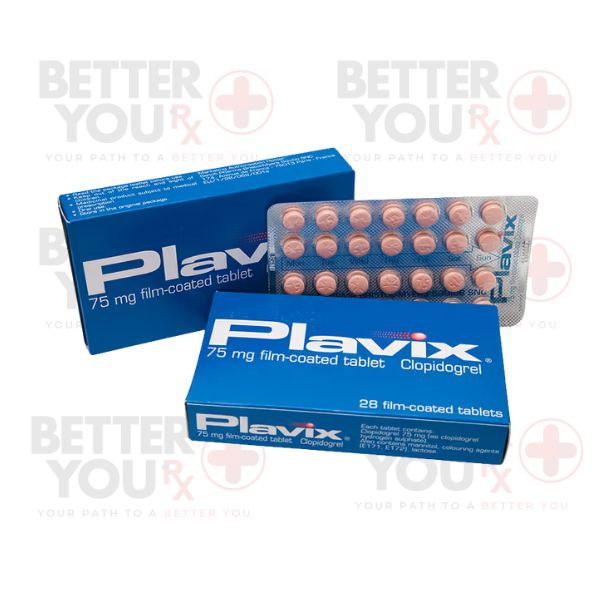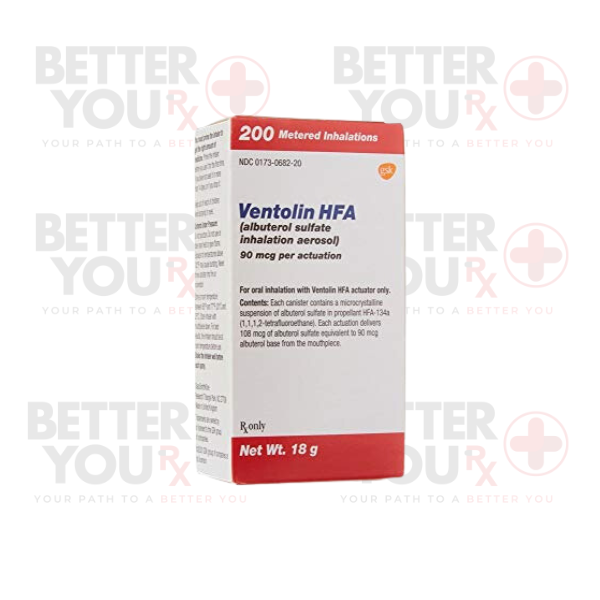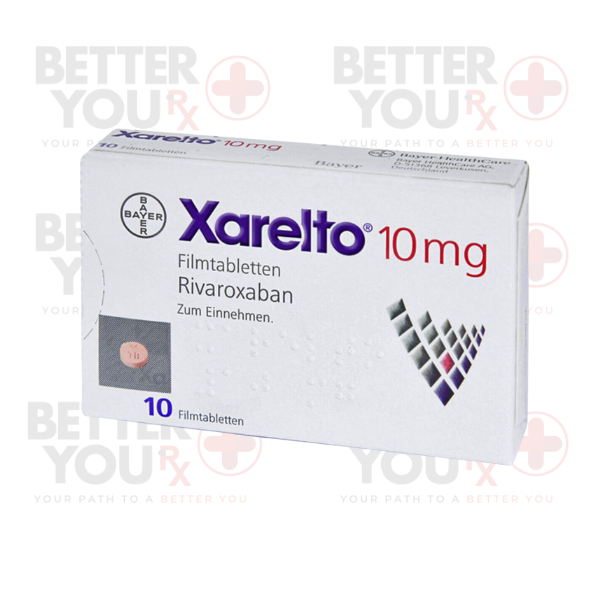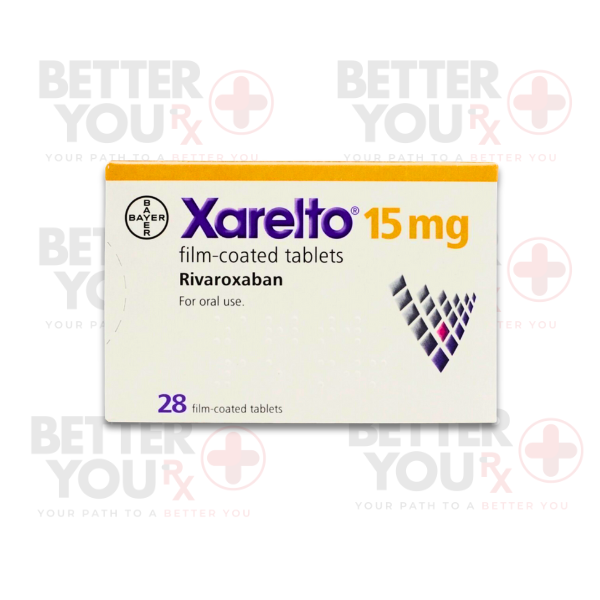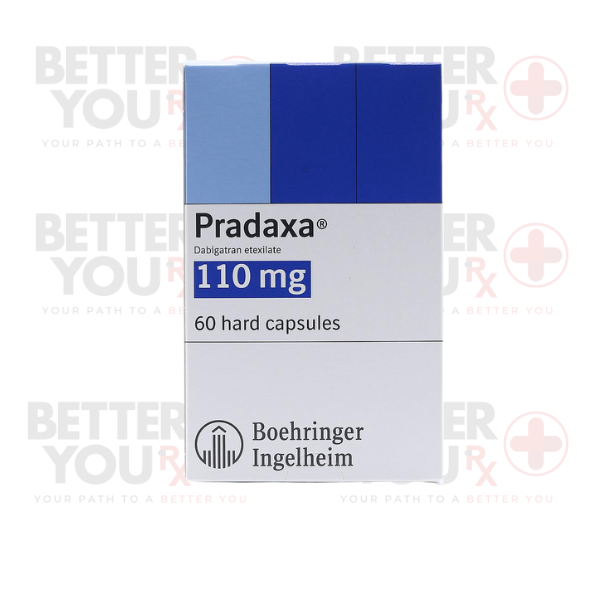Indications:
●Prevention of stroke
●Prevention of heart attack
●Management of peripheral arterial disease
●Post-angioplasty/stent implantation to prevent stent thrombosis
Administration Guidelines
●Oral Tablets: Clopidogrel is typically administered orally, once daily, with or without food. The tablets should be swallowed whole, not crushed or split. Consistency in taking the medication simultaneously each day is essential for it to be most effective, as irregular use can potentially compromise its antiplatelet action.
Administration Details
Dosage Forms:
●Oral tablets
Dosage:
●The dosage of Plavix may vary depending on the condition it is being used to treat, patient age, and other underlying health factors. For most adults, the standard daily dose is 75 mg. In some cases, like after a heart attack or stroke, a loading dose of 300 mg might be administered initially.
Safety Precautions
●Pregnancy and Breastfeeding: The safety of clopidogrel during pregnancy and breastfeeding is not fully established. It should only be used when the potential benefits justify the risks to the fetus or infant.
●Bleeding Precaution: Since clopidogrel inhibits platelet aggregation, there's an elevated risk of bleeding. Patients should be closely monitored for any signs of bleeding. It is crucial to alert healthcare providers about clopidogrel use before any surgery is performed or new medication is prescribed.
Drug Interactions
●Clopidogrel can interact with several drugs, notably anticoagulants and non-steroidal anti-inflammatory drugs (NSAIDs), leading to increased bleeding risks. Interactions with proton pump inhibitors (PPIs) like omeprazole might decrease the effectiveness of clopidogrel. This necessitates careful management and dosage adjustments or monitoring, particularly if simultaneous treatment with other medications is indispensable.
|

